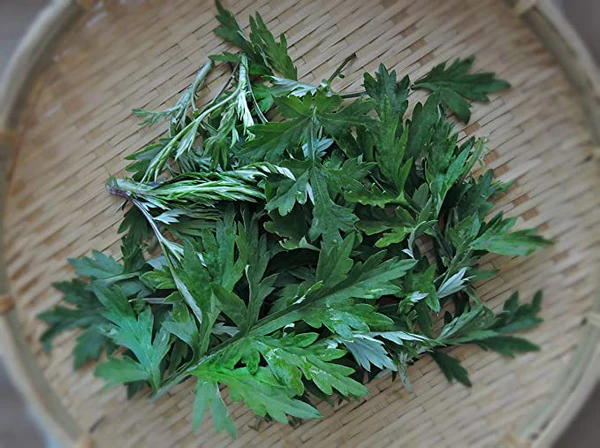Japanese Mugwort (Yomogi): Benefits & Uses in Japanese Culture

Japanese Mugwort, or Yomogi (Artemisia princeps), thrives in Japan’s rural landscapes. Its vibrant green leaves and distinctive aroma make it a staple in cooking, traditional medicine, and cultural rituals. Chefs, herbalists, and gardeners alike celebrate Yomogi for its versatility and resilience.
- Historical Significance of Yomogi in Japan
- Culinary Uses: From Traditional Mochi to Modern Recipes
- Medicinal Benefits of Japanese Mugwort
- How to Incorporate Yomogi into Your Daily Life
- Growing and Identifying Japanese Mugwort
- Cultural Symbolism and Festivities Associated with Yomogi
- FAQs about Japanese Mugwort
- Conclusion
Historical Significance of Yomogi in Japan
For centuries, Yomogi has played a crucial role in Japanese folklore and daily life. During the Heian period, people used it to treat fevers and skin ailments. Families planted it around homes, believing it would ward off evil spirits. Festivals like Tango no Sekku highlight Yomogi’s symbolic power, where participants create protective amulets and purify spaces.
Culinary Uses: From Traditional Mochi to Modern Recipes
Cooks across Japan incorporate Yomogi into iconic dishes. They prepare Yomogi Mochi, blending its earthy taste with sweet red bean paste. This snack symbolizes spring and appears during traditional festivals.
Beyond mochi, modern recipes include:
- Teas that deliver a refreshing, antioxidant-rich brew.
- Soups and Stews where Yomogi enhances flavors.
- Baked Goods like bread and cakes that fuse tradition with contemporary tastes.
Medicinal Benefits of Japanese Mugwort
Yomogi supports health in various ways, thanks to its rich nutrient profile. Traditional healers have long used it in Kampo medicine to relieve digestive issues and soothe the skin. Modern users appreciate its anti-inflammatory properties for easing arthritis and muscle pain.
Regular consumption of Yomogi tea can:
- Calm the mind and reduce stress.
- Boost digestion and alleviate bloating.
- Improve skin conditions like eczema when used in baths.
How to Incorporate Yomogi into Your Daily Life
Integrating Yomogi into your routine is simple and rewarding. Brew it into tea for a morning boost, or infuse oils and creams for a natural skincare solution. Experiment in the kitchen by adding it to baked goods or homemade mochi. Its uses extend beyond the kitchen, offering aromatherapy benefits when burned as incense.
Growing and Identifying Japanese Mugwort
Japanese Mugwort grows easily in various climates. To cultivate it:
- Plant seeds or cuttings in early spring.
- Ensure the soil drains well and receives ample sunlight.
- Water moderately but consistently.
Harvest young leaves for cooking or medicinal use. This hardy herb quickly adapts to different environments, making it ideal for beginner gardeners.
Cultural Symbolism and Festivities Associated with Yomogi
Yomogi holds deep cultural significance in Japan. During Tango no Sekku, families use it to create charms that symbolize health and protection. On Hina Matsuri, Yomogi tea strengthens the body and wards off illness. These traditions emphasize its role in promoting well-being and prosperity.
FAQs about Japanese Mugwort
Conclusion
Japanese Mugwort, or Yomogi, is much more than a plant; it’s a cultural treasure. Whether through its culinary delights, health benefits, or symbolic significance, it offers a window into Japan’s rich heritage and modern lifestyle. Incorporate Yomogi into your life and experience a piece of Japanese tradition in every sip, bite, and breath.
If you want to discover other articles similar to Japanese Mugwort (Yomogi): Benefits & Uses in Japanese Culture, you can visit the Beauty & Wellness category.
Leave a Reply
More Related Posts